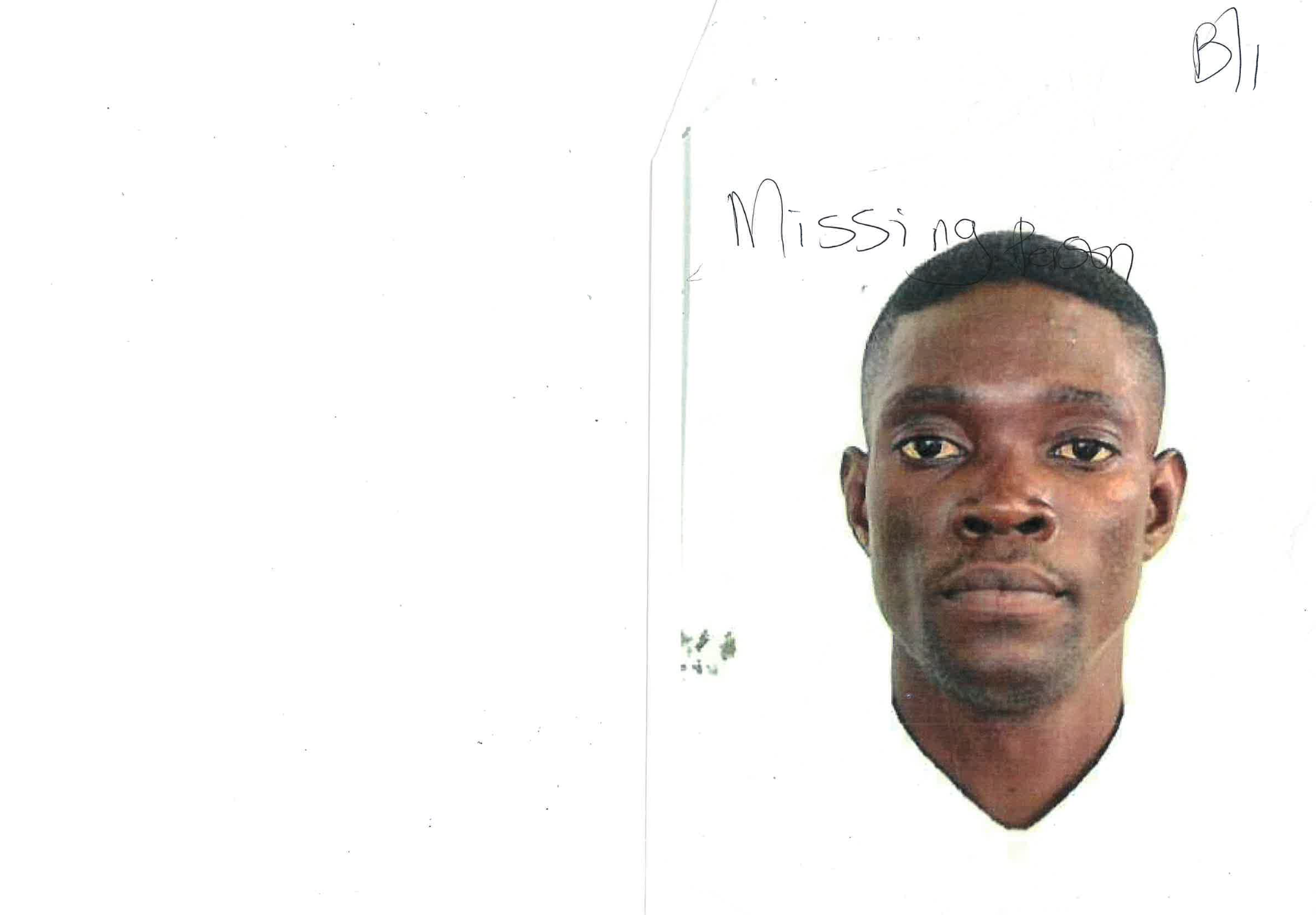The 2024 presidential election in the United States (US) will determine the nature of interaction between this leading global power and African countries.
With the election taking place today, however, the two main candidates – Democratic vice president Kamala Harris and Republican former president Donald Trump – are yet to outline any specific multilateral or economic strategies for Africa.
At the commencement of his four-year presidency in January 2017, Trump reinstated and expanded the so-called Global Gag Rule, also known as the ‘Mexico City policy’, which imposed constraints on US$8.8 billion in US foreign aid directed at international health programmes that either provide or advocate for abortion services.
He also discontinued funding for the United Nations Population Fund (UNFPA), a worldwide body dedicated to maternal health that offers contraception and pregnancy care to low-income women in 150 countries.
Collectively, these actions presented a significant risk to the availability of sexual and reproductive health services in vulnerable communities across Africa.
In November 2020, Trump pulled the US out of the Paris Agreement, a treaty that aims to improve the global response to climate change challenges and regulate temperature increases.
Should Trump secure a victory tomorrow, the US may withdraw from the Paris Agreement once again.
Such a move would drastically impede universal efforts to combat climate change and exacerbate the vulnerability of African nations to extreme weather events.
But the Trump presidency was not all negative for Africa.
On the economic front, the Trump administration advanced trade opportunities between the US and African countries through the African Growth and Opportunity Act (Agoa).
To complement Agoa, the Trump administration in December 2018 launched Prosper Africa, a government programme intended to facilitate trade between the US and African businesses.
Meanwhile, between 2017 and 2021, the Trump administration committed between US$7 billion and US$8 billion annually in aid to African countries.
When president Joe Biden and vice president Harris took office on 20 January 2021, they moved to either dismantle or revamp a range of policies enacted by the Trump administration.
On that day, they immediately annulled the Global Gag Rule.
Eight days later, on 28 January, they reinstated the US’ participation in the Paris Agreement.
Then, in a pivotal development, the Biden-Harris administration unveiled the Prosper Africa Build Together Campaign on 27 July 2021.
Later, in December 2023, the White House announced the successful completion of 547 new agreements, valued at approximately US$14.2 billion, in bilateral trade and investment between the US and African nations.
This achievement reflected a 67% increase in both the number and value of agreements finalised in 2022.
Prosper Africa is anticipated to persist, irrespective of who becomes the next president.
Throughout its four-year tenure, the Trump administration prioritised limited engagement with Africa, consistent with its ‘America First’ principles.
The subsequent administration adopted a more welcoming approach.
To boost trade, the Biden-Harris administration also championed Agoa.
At the same time, it actively pursued bilateral agreements with selected African nations.
There is reason to believe Harris would assume a similar position as president.
Trump, meanwhile, has made his intentions clear regarding the adoption of economic nationalism, implying that he could potentially refrain from renewing Agoa.
Biden, who is slated to visit Angola in early December, just weeks before his exit from office, has not undertaken any state visits to Africa, despite assurances he made during the US-Africa Leaders Summit in December 2022.
Thus, his administration’s highly vaunted suggestion to grant two permanent seats to African nations in the UN Security Council, albeit without the provision of veto powers, would merely represent a symbolic and ineffective change.
Arikana Chihombori-Quao, a former diplomat of the African Union, has labelled the proposal an “insult”.
Therefore, if she triumphs tomorrow, Harris would need to transcend mere rhetoric and support the addition of two permanent seats for African nations on the UN Security Council, with equal veto rights.
Her administration would have to regard its official relations with African countries with the seriousness they merit.
Specifically, Africans must have a greater and equivalent say at multilateral institutions like the UN Security Council, the World Trade Organisation, the World Bank and the International Monetary Fund.
To effectively leverage African contributions, leadership and innovation in addressing global challenges, Harris will need to undertake regular state visits to various African nations.
Trump cannot and will not deliver for Africa.
Harris, on the other hand, could present opportunities for inclusive and productive collaboration with Africa. But she needs to make sure she holds her pledges to African nations, unlike Biden.
– Al Jazeera
– Mhaka is a social and political commentator with a BA honours degree from the University of Cape Town. The views expressed her are her own, and do not necessarily reflect Al Jazeera’s editorial stance.
Stay informed with The Namibian – your source for credible journalism. Get in-depth reporting and opinions for
only N$85 a month. Invest in journalism, invest in democracy –
Subscribe Now!








